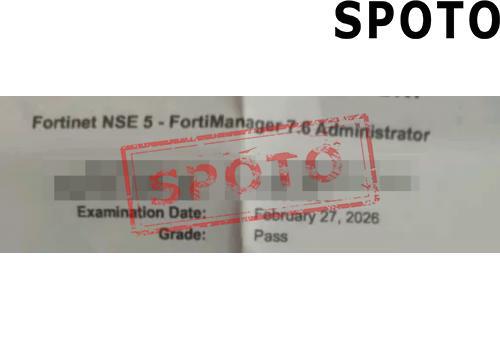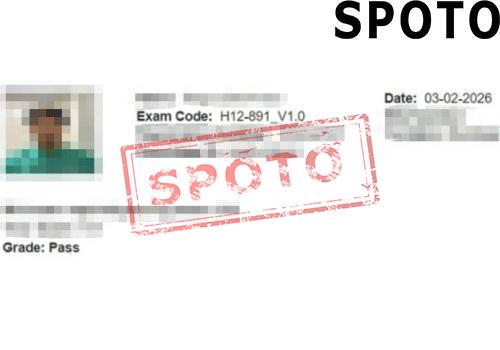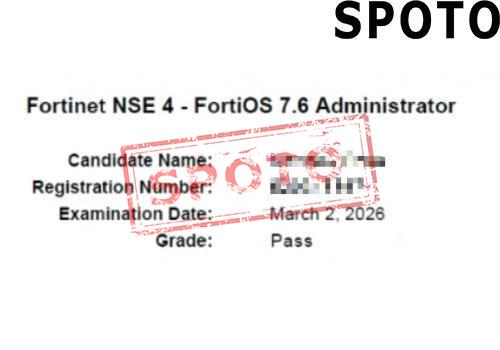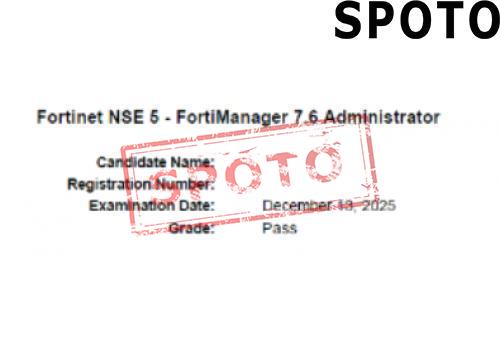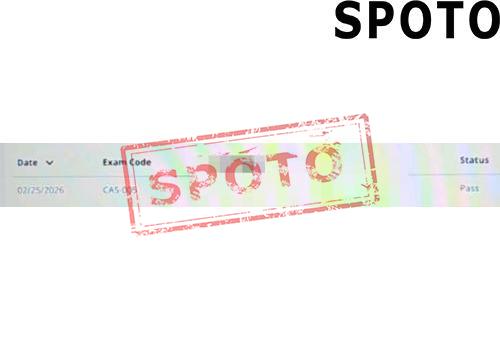
Table of Contents
I. What Is ESG?
The ESG certificate is a recognition of the holder's ESG investment and analysis capabilities. ESG is an emerging investment philosophy and corporate evaluation standard that measures a company's sustainable development capability through three dimensions: Environmental, Social, and Governance.
E stands for Environmental, emphasizing that companies should prioritize environmental protection. It primarily considers the impact of a company's operations and production processes on the ecological environment, such as pollutant emissions, waste treatment methods, energy consumption and efficiency, biodiversity loss, and natural resource depletion.
S stands for Social, emphasizing that companies should fulfill their social responsibilities. It primarily considers the various impacts a company has on society, such as employee management, welfare and compensation, employee safety, relationships with upstream and downstream suppliers and service providers, and product safety.
G stands for Governance, emphasizing that companies should improve their governance levels. It primarily considers the establishment of institutional frameworks, such as the company's organizational structure, the relationship between shareholders and management, the presence of corruption and financial fraud, information disclosure transparency, and business ethics.
To be honest, I wouldn't dare teach you based solely on my own learning experience. However, SPOTO can share with you the study plan that helped me succeed. By following this plan, you can save yourself a month's worth of detours. Additionally, I'll provide you with the study materials I used, which are internal resources from the course. If you need them, simply click the card below to claim them for free. ⬇️⬇️⬇️ Over 2,435 people have already claimed the brand-new ESG introductory course and study materials.
II. What Subjects Are Covered in the 2026 ESG Exam?
The CFA-ESG certificate exam consists of nine subjects, primarily divided into "Industry Knowledge" and "Investment Practices."
Industry Knowledge
- Introduction to ESG Investing
- ESG Markets
- Environmental Factors
- Social Factors
- Governance Factors
Investment Practices
- Engagement and Stewardship
- ESG Analysis, Valuation, and Integration
- ESG Portfolio Construction and Management
- Investment Mandates and Client Reporting
In total, there are nine exam subjects.

